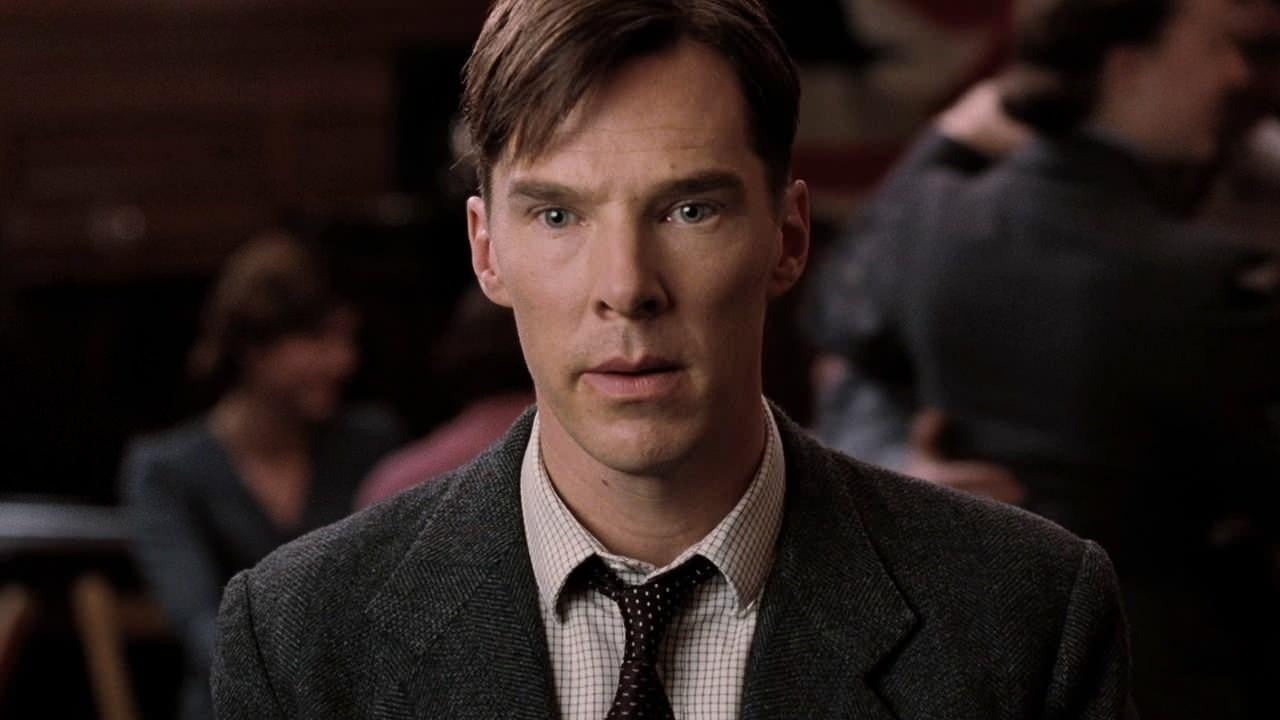How One Man’s Being “Abnormal” Saved 14 Million Lives (Movie Review: “The Imitation Game”)

There’s no such thing as “normal.” We all look and act differently. Each of us perceives things separately. All of us think in unique ways. Each one of us must contend with the influences which shape our lives and mold us into becoming individuals. No one’s single experience, nor a reaction to it, is quite the same. Hence, being “normal” becomes an apparition.
Normality does not exist.
And yet, those who seem abnormal are usually forsaken. Long stretches of our history reveal that those who didn’t fit into society often faced intimidation. Sometimes, imprisonment. On some occasions, even death. Even today, all cultures expel dissidents to varying degrees. Those who dare to think and act differently become outcasts.
Aside from lepers, probably no other group throughout history has been more stigmatized than homosexuals. This isn’t just a heinous fact from the Dark Ages, it remains with us today. Fear and misunderstanding continue to inflict a majority of the world’s population. And so-called “progressive” societies, while making substantial advances on intolerance and gradual acceptance, have indeed permitted their own shameful periods when homosexuals were not just banned from working in positions of authority but were even subject to imprisonment and chemical castration.
For those born as homosexuals, these demonic practices birthed millions of lonely lives filled with inner conflict and constant pain. It fueled fear and self-loathing. It prompted secrets and then trying to hide them. When such attempts to conceal failed, for some the only alternative was suicide. Imagine going through one’s entire life and always having to conceal yourself and the things you desire as to love and companionship. There can be no greater pain, nor senseless injustice.
Alan Turing, a mathematician who lived between 1912 to 1954, was considered abnormal by just about everyone. He had his deepest secrets. He was homosexual.
Turing also just so happened to be the Allies’ greatest codebreaker. His tireless work at famed Bletchley Park during World War II, successfully breaking the Enigma Code, once thought of as impenetrable, probably shorted the war in Europe by two full years and may have saved 14 million lives. Without Turing’s prodigious feat, otherwise given its ability to continue communicating in secret code, Nazi Germany’s vast war machine would have caused even greater death and destruction — as impossible as that is to believe. Turing’s ability to read the highest classified exchanges of the German high command gave the Allies a veritable “how-to” guide for composing the most effective counter-strategies. Decoding Enigma was like playing a chess game, albeit with millions of real pieces — and then knowing your opponent’s next move in advance.
Oddly enough, even after the war ended and victory was won, Turing and his team of gifted mathematicians and puzzle solvers remained hidden away. It took 50 years, long after most of them had died, to recognize their monumental achievement. And so, they went to the grave with their secrets. All of them. And Turing, went to his grave with more secrets than most.
That was too heavy a burden to bear.
This extraordinary true story is told in “The Imitation Game,” a film which is ostensibly about World War II code breakers, but which is really about much more than that. It’s a story about hiding secrets and the toll living a lie takes on a person.
Directed by Morten Tyldum, “The Imitation Game” is based on the biography of Turing written by Andrew Hodges, “Alan Turing: The Enigma.” As one expects, this is a sympathetic portrait and a long-overdue correction of historical injustice.
Turing is played by Benedict Cumberbatch, a virtual certainty to be nominated for “Best Actor” as the next Academy Award ceremony. His portrayal reveals a tortured soul, withdrawn, arrogant, antisocial, awkward, tragic — yet the very best chance the Allies have of breaking the German code. Keira Knightly, usually cast as the pretty girl, plays a similar role here, although she becomes essential to Turing’s emotional sustenance throughout his struggles.
Turing’s enemies weren’t necessarily the Germans. They were often his superiors and colleagues. They ridiculed him. They mistrusted him. They rejected him. His isolation only worsens after the war and his life lacks purpose.
“The Imitation Game” is brilliantly told in three parallel stories of different periods of Turing’s life. We discover what made this young schoolboy into a prodigy. Then, we witness him solving the Enigma Code at Bletchley Park. The third story takes place six years later when Turing is still attempting to deal with his secrets, conceal his wartime past, while coming to grips with who he really is, which fails to gain acceptance on any front. This is a war Turing doesn’t win. It’s a war that’s impossible to win.
This is one of the best films of the year. It’s not merely a historical narrative, but a far more intuitive revelation of the human heart. At times funny, at times sad, at times mesmerizing with the pulse of an action thriller, “The Imitation Game” is a must-see.
This is not a “normal” film. And thank goodness for that.
RATING: 9 STARS OUT OF 10
The real Alan Turing:














NO SURPRISE ,SAME PEOPLE RAN ENGLAND IN WW2 that SENT MILLION
boys to their graves in Verdun etc